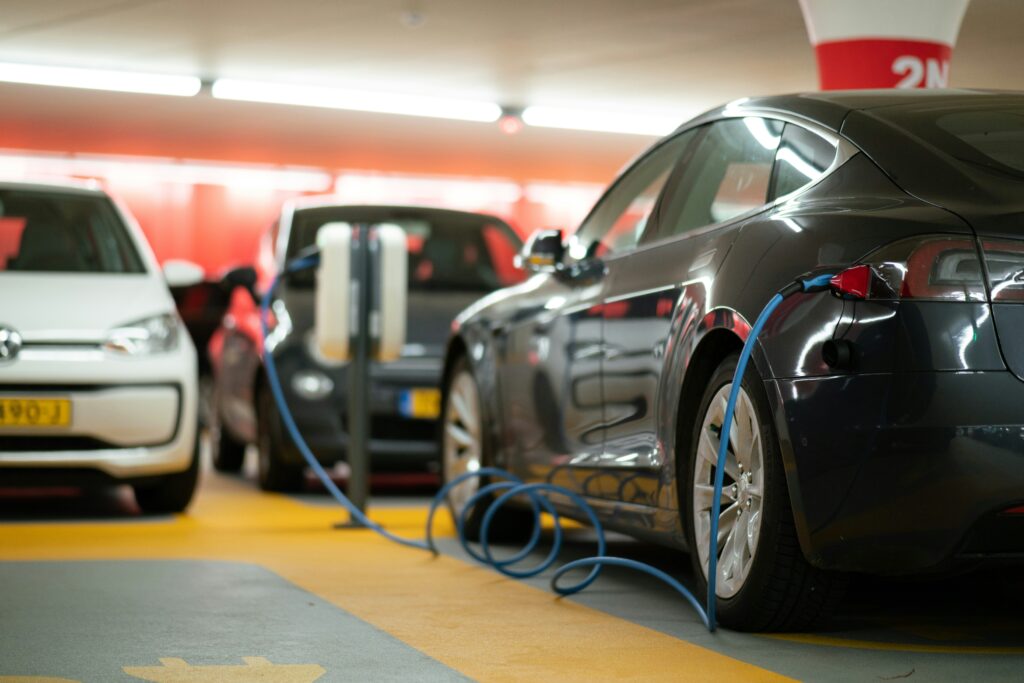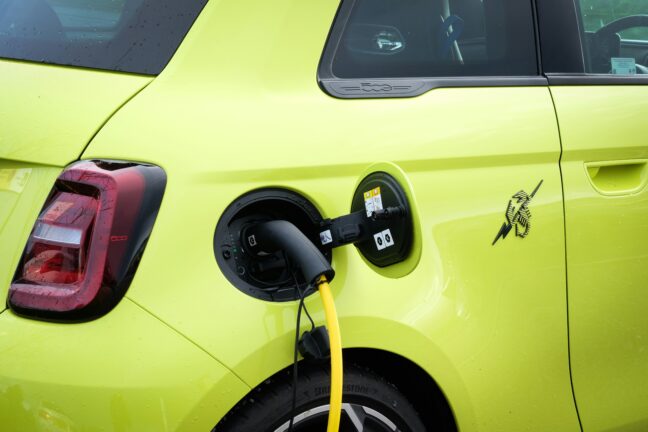New car registrations across Europe rose by 5.9 per cent in July, marking the strongest month for the industry in over a year, according to figures released Thursday by the European Automobile Manufacturers Association (ACEA).
The story was first reported by Reuters, which noted that the sales boost was driven largely by gains in Germany, even as numbers declined in markets like Italy or France.
Battery-driven
One of the biggest trends was the surge in electrified vehicle sales. Plug-in hybrid (PHEV) registrations posted their sharpest increase since ACEA began tracking them in January 2023, while battery-electric vehicles (BEVs) logged their strongest growth since August 2023. Altogether, battery-electric, hybrid, and plug-in hybrid cars made up nearly 60 per cent of new registrations across the EU, up from just over 51 per cent a year earlier.
Germany, which reintroduced EV incentives this summer, saw outsized gains — BEV sales jumped 58 per cent, while PHEVs surged by 83.6 per cent. In contrast, Tesla lost market share for a seventh straight month, with sales down 40.2 per cent, dropping its EU market share from 1.4% to 0.8% year-over-year. The Chinese automaker BYD, newly included in ACEA’s dataset, overtook Tesla with a 225.3 per cent sales increase, capturing 1.2% of the market.

You’ve got mail
The sales growth comes at a tricky moment. ACEA’s president, Ola Källenius, who is also the CEO of Mercedes-Benz, co-signed a letter this week urging European Commission President Ursula von der Leyen to reassess the bloc’s vehicle emissions targets. In particular, the industry is pushing back on the EU’s mandate to phase out internal combustion engine cars by 2035, arguing that the current policy may no longer be viable amid shifting consumer demand and competitive pressure from China and the United States.











